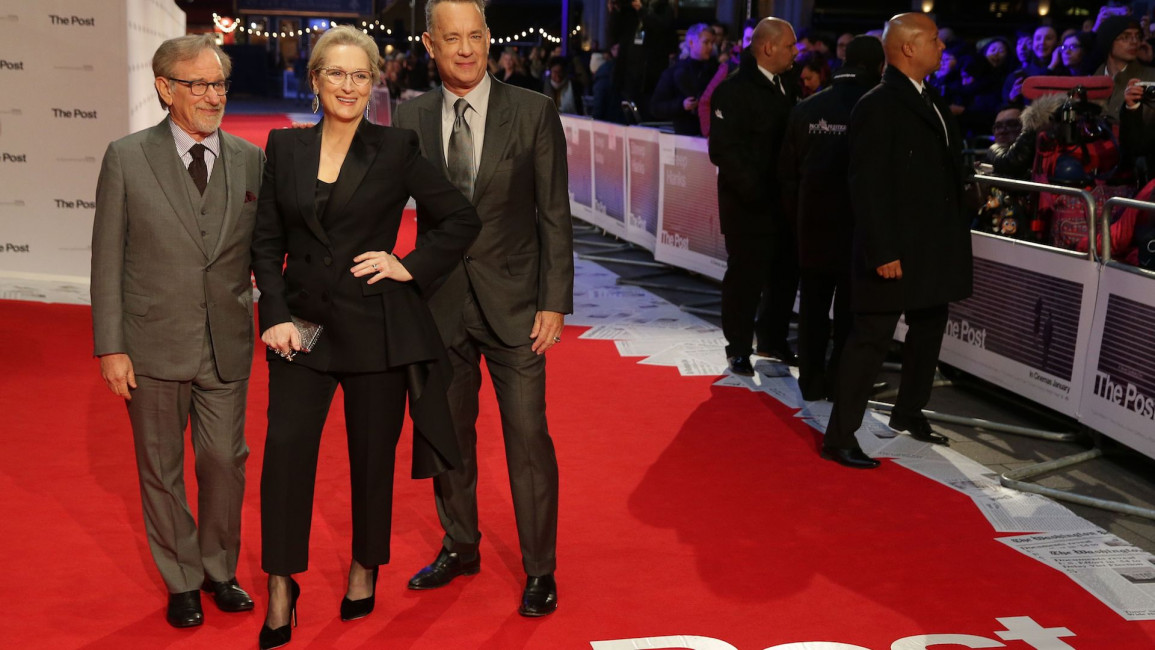
The Post: Lebanon goes on an embarrassing film-banning spree
In the same week, Lebanon banned Australian film Jungle. Last month, Lebanon banned Justice League. Earlier that year Lebanon banned Wonder Woman. Before that Lebanon banned Batman Vs. Superman.
Lebanon, despite being a rare oasis of freedom of expression in a region plagued by extremism, dictatorship and conflict, still embarrassingly bans films, plays, magazines, books, musicians, songs, and sometimes, even shoes over content deemed offensive.
The ban was imposed by Lebanon's General Security authority (DGSG), after reportedly being lobbied by local anti-normalisation activists.
Twitter Post
|
Spielberg "is blacklisted by the Arab League's boycott office, which Lebanon complies with", a DGSG official told AFP on Sunday, over the director's support for Israel during the war with Lebanon in 2006.
The DGSG is the body in charge of protecting the country's borders, but censorship is also part of its jurisdictions. The process by which its decisions are made is not very well known, and critics have accused it of pursuing an arbitrary approach.
Twitter Post
|
Reasons cited for censorship could be anything, from stirring religious sensitivities to sexually explicit content.
Lebanon and Israel are still technically at war and Beirut's laws prohibit all forms of 'normalised' ties with Israel, including screening films with financial or technical links with the Jewish state.
Twitter Post
|
But the overstretching of this criteria and applying it for the most recent ban on a film with no direct links to Israel has left even Lebanese officials confused.
Lebanon's Minister of Culture Ghattas Khoury - whose department is supposed to oversee the cinema industry in the country - lambasted Spielberg for distorting the image of Lebanon in his film. But the minister was confusing The Post with another controversial film, Beirut, which has not (yet) been banned and has nothing to do with Spielberg.
Twitter Post
|
Lebanon has allowed some films by Spielberg to be screened after his blacklisting, and had banned his Holocaust drama Schindler's List long before his Arab League 2006 blacklisting, at the time a move said to be anti-Semitic.
Lebanon had also banned the Diary of Anne Frank for much the same reason.
"The laws of censorship are so vague that it allows the people in charge to censor anything they want," Lea Baroudi, a founding member and general coordinator of freedom of expression group MARCH said in 2014.
The ban is proving decisive. While some have applauded the move as a new 'BDS victory', many Lebanese say that even if Spielberg's record is an insult to the victims of Israel's war on Lebanon, censorship is never the answer and harms Lebanon's reputation as a bastion of freedoms.
Boycott of cultural products, they say, should be a personal, not a state-enforced measure.
Twitter Post
|




